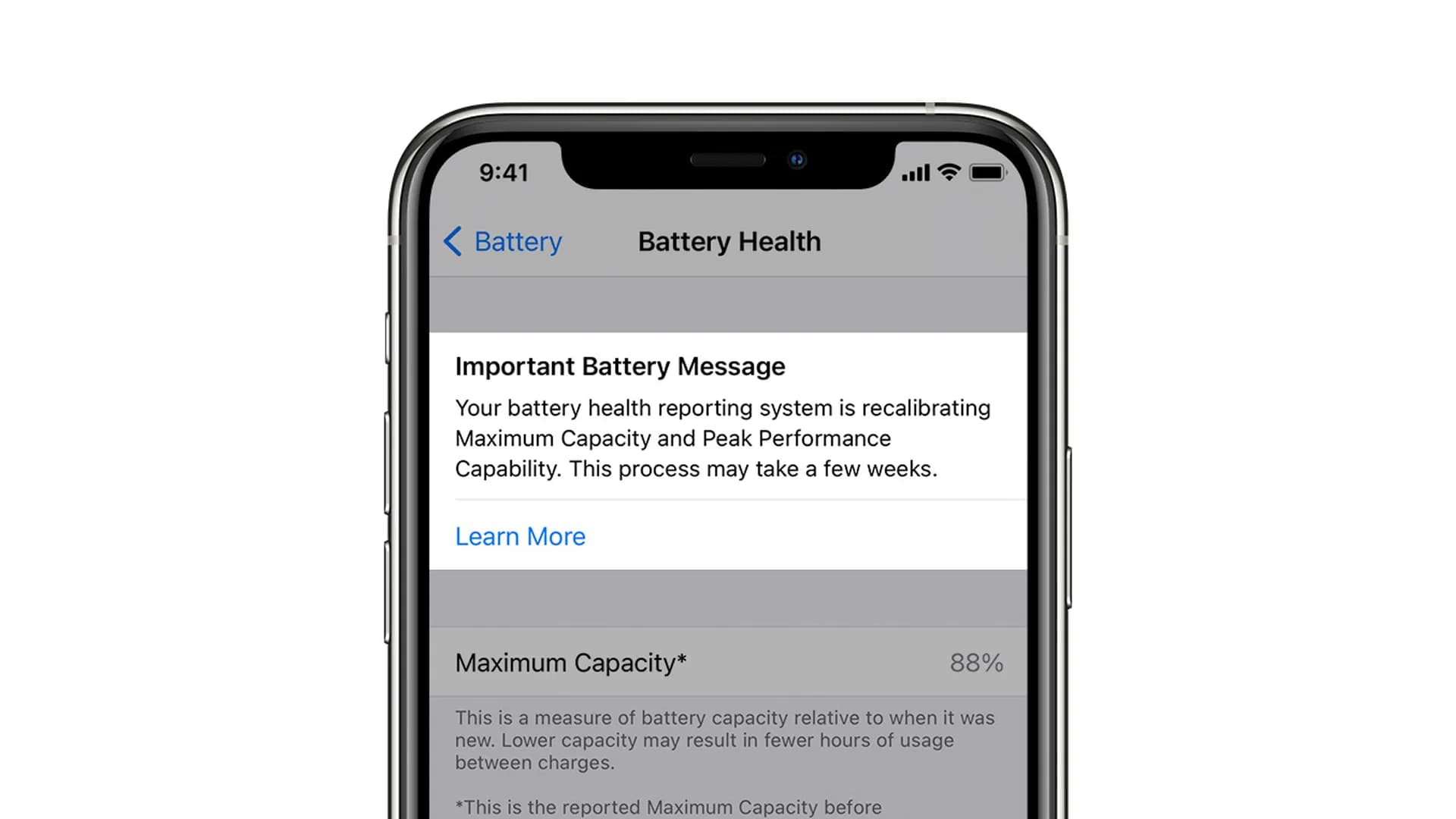A consumer group in Europe wants some answers from Apple regarding alleged iPhone battery drain after receiving complaints that iOS 14.5 and other updates slowed down recent iPhones.
STORY HIGHLIGHTS:
- Euroconsumers Group is seeking some answers from Apple
- iOS 14.5 is allegedly found to cause rapid battery drain
- Apple was previously accused of planned obsolescence
- Some users say iOS 14.5 also drains the battery on newer iPhones

iPhone battery drain after updating to iOS 14.5?
After settling multiple class-action lawsuits over iPhone throttling, you’d think Apple would be careful to avoid accusations of excessive iPhone battery drain after each major iOS update.
But no. You may have seen reports that mention excessive iPhone battery drain some users experienced after updating to iOS 14.5. Those could be signs of throttling and now members of the Euroconsumers Group have penned a letter to Apple asking to hear its side of the story.
→ How to display battery percentage on iPhone 12 models
Both Altroconsumo and Deco Proteste and the Spanish Organization of Consumers and Users (OCU) mention in their letter to Apple that iOS 14.5, iOS 14.5.1 and iOS 14.6 are causing rapid battery drain on recent phones like the iPhone 12 and iPhone 11 models, reports iPhoneros.
OCU believes that excessively rapid wear and tear on iPhones following Apple-driven updates is not only unfair to consumers, but also harms the environment. In OCU’s view, consumers want to be treated with respect and expect Apple to deliver quality and sustainability.
To be clear, no user reports have mentioned performance throttling and iOS 14.5 in the same sentences. However, that didn’t stop these consumer groups from accusing Apple of planned obsolescence and drawing parallels with iPhone throttling in the past.
How iPhone battery recalibratioon works
iOS 14.5 has upgraded Apple’s battery health feature with the ability to automatically recalibrate the iPhone battery’s maximum capacity and peak performance capability as needed. The process uses machine learning to analyze how you use the device and takes into account current battery health. The recalibration process may take a few weeks to complete.
It’s unclear if that feature may be causing issues for some iPhone owners. Another possibility is that this could be yet another software bug that should get fixed.
Or perhaps something more sinister has been going on indeed?
The iPhone throttling saga continues
A few years ago, Apple was found to deliberately slow down the CPU on older iPhone models with degraded batteries. Worn-out or degraded batteries were previously found to cause unexpected shutdowns and other problems stemming from the battery’s inability to deliver peak capacity.
Apple says this is by design, to prolong the life of users’ devices.
It is true that lithium-ion batteries like those found in your iPhone become less capable of supplying peak current demands when in cold conditions, have a low battery charge or as they age over time. It’s also true that this can result in the phone unexpectedly shutting down to protect its electronic components.
What Apple wouldn’t admit is the fact it had entirely failed to communicate throttling to customers, which caused people who thought their iPhone was unable to keep up to buy a new one or replace its battery. But remember, this concerned old phones.
The letter from the Euroconsumers Group for the first time alleges that Apple’s update slows down the current iPhone models, like the iPhone 12 family.
Coincidentally, complaints from iPhone 12 owners about excessive battery drain date back to December 2020. However, iOS 14.5 released for the general public to download and install on April 26, 2021 so those early battery issues couldn’t have had anything to do with iOS 14.6.